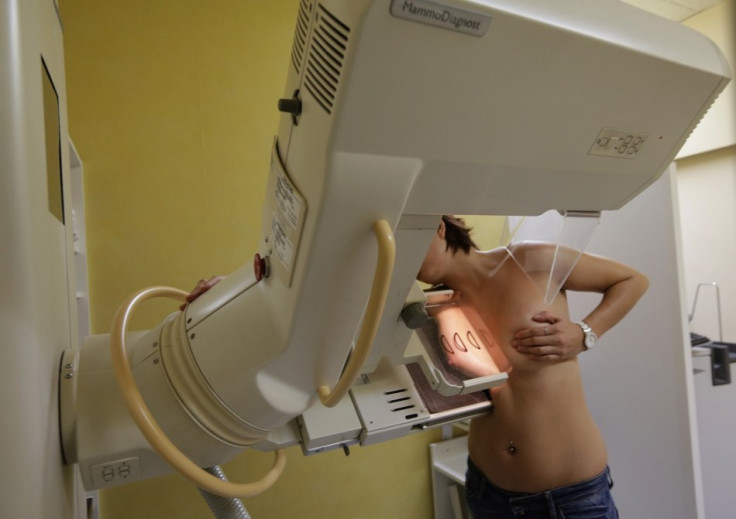Discovery of Breast Cancer Gene Raises Hope of Early Diagnoses of the Disease

Scientists have identified the gene behind a form of breast cancer that targets the milk glands.
Lobular carcinoma affects the milk-producing glands in the breast and has until now been a difficult to spot form of breast cancer.
Of 50,000 cases of breast cancer diagnosed every year, it is estimated that the condition affects 7,500 women a year
The gene is most commonly found in women aged between 45 and 55.
While the cancer can develop in both breasts simultaneously, it does not take the form of a breast lump and is therefore much more difficult to diagnose and harder to treat if it is discovered in an advanced stage.
According to the journal PLoS Genetics, women with the rogue gene have a 13 per cent higher chance of contracting cancer than those without it.
In the future, we hope that improving our knowledge of the genes involved in lobular carcinoma could improve our ability to prevent and treat it.
The gene was discovered as a result an exhaustive research study conducted collaboratively by 100 universities and research institutions from around the world. The DNA of more than 6,500 women with invasive lobular carcinoma was compared with that of more than 35,000 women without the disease, isolating one particular gene with invasive lobular carcinoma.
Study co-leader Professor Montserrat Garcia-Closas, of The Institute of Cancer Research in London, said: "Understanding the genetic factors at work in lobular cancers could be particularly important, because they are often missed by mammography because of their unusual growth patterns.
"In the future, we hope that improving our knowledge of the genes involved in lobular carcinoma could improve our ability to prevent and treat it."
Study co-author Dr Elinor Sawyer, of King's College London and Guys and St Thomas' NHS Foundation Trust, added: "A diagnosis of breast cancer can be devastating, particularly if it is not picked up early and the cancer is at a stage when it may be more difficult to treat.
"This can be the case for lobular breast cancers as they are difficult to see on mammograms. By identifying genetic factors that result in an increased risk of lobular cancer we hope in the future to be able to find better ways of assessing the risk of developing these cancers, so different screening tests can be offered to those at high risk, as well as finding new treatments for lobular cancer."
Dr Matthew Lam, of Breakthrough Breast Cancer, which helped fund the research, said: 'Early and accurate diagnosis is key to beating breast cancer.'
Discovery of the gene has raised hopes of earlier diagnosis and better treatment for women.
© Copyright IBTimes 2024. All rights reserved.






